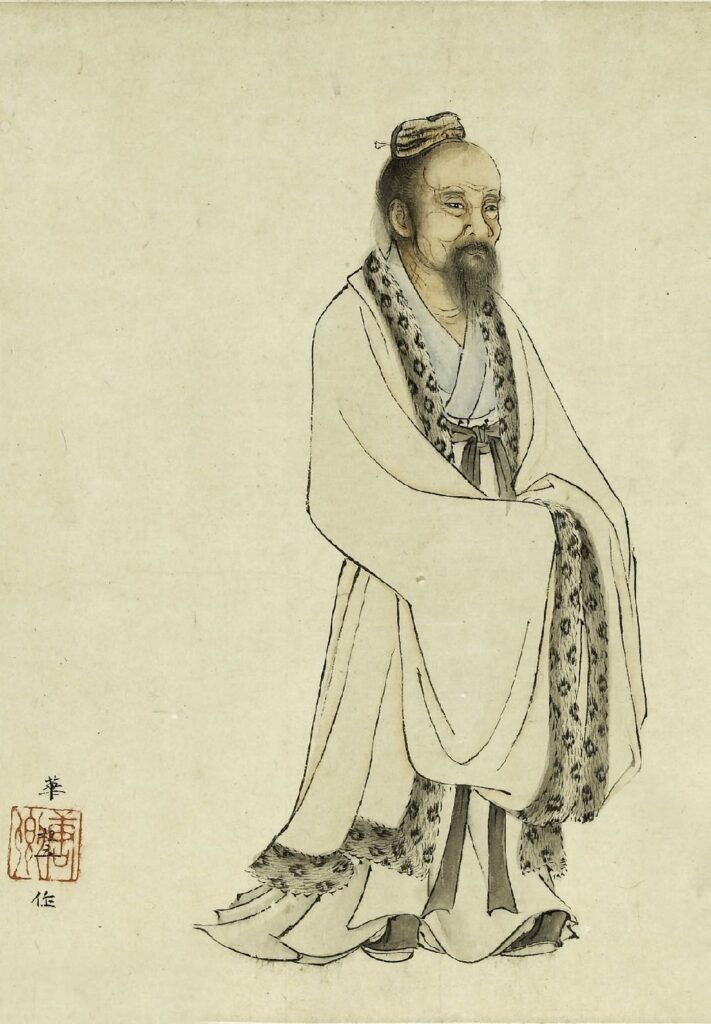The Taoists have a famous teaching about an empty boat (read the story ‘The Empty boat’ in this website) that rams into your boat in the middle of a river. While you probably wouldn’t be angry at an empty boat, you might well become enraged if someone were at its helm.
The point of the story is that the parents who didn’t see you, the other kids who teased you as a child, the driver who aggressively tailgated you yesterday – are all in fact empty, rudderless boats. They were compulsively driven to act as they did by their own unexamined wounds, therefore they did not know what they were doing and had little control over it.
Just as an empty boat that rams into us isn’t targeting us, so too people who act unkindly are driven along by the unconscious force of their own wounding and pain.
Until we realise this, we will remain prisoners of our grievance, our past, and our victim identity, all of which keep us from opening to the more powerful currents of life and love that are always flowing through the present moment.
More at https://thoughtcatalog.com/
If a man is crossing a river and an empty boat collides with his own skiff, even though he be a bad-tempered man he will not become very angry. But if he sees a man in the boat, he will shout at him to steer clear. If the shout is not heard, he will shout again, and yet again, and begin cursing. And all because there is somebody in the boat. Yet if the boat were empty, he would not be shouting, and not angry.
If you can empty your own boat crossing the river of the world, no one will oppose you, no one will seek to harm you….
Who can free himself from achievement, and from fame, descend and be lost amid the masses of men?
He will flow like Tao, unseen, he will go about like Life itself with no name and no home.
Simple is he, without distinction. To all appearances he is a fool.
His steps leave no trace. He has no power. He achieves nothing, has no reputation.
Since he judges no one, no one judges him.
Such is the perfect man:
His boat is empty.
From teachings of Chuang Tzu, courtesy https://terebess.hu/

Chuang Tzu (also Zhuang Zhou or Zhuangzi, literally “Master Zhuang”) was an influential Chinese philosopher who lived around the 4th century BCE in a period of great development in Chinese philosophy, the Hundred Schools of Thought. He is credited with writing—in part or in whole—a work known by his name, the Chuang Tzu or Zhuangzi, which is one of the two foundational texts of Taoism, alongside the Tao Te Ching.
Image courtesy Hua Zili , Wikimedia Commons.
Taoism is a diverse philosophical and religious tradition indigenous to China, emphasising harmony with the Tao (way, road, path or technique). Taoist thought has informed the development of various practices within the Taoist tradition and beyond, including forms of meditation, astrology and feng shui. A common goal of Taoist practice is self-cultivation, a deeper appreciation of the Tao, and more harmonious existence. Taoist ethics emphasise such virtues as effortless action, naturalness, simplicity, and the three treasures of compassion, frugality and humility
